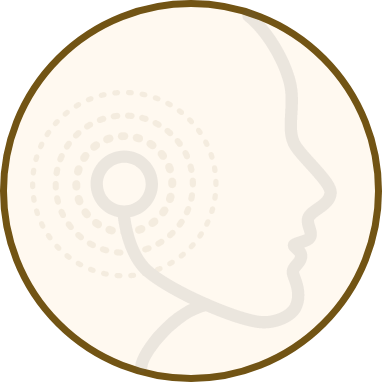The Importance of Nasal Breathing for Sleep Issues and TMJ
 At TMJ Therapy Centre, it’s not just our goal to help you smile bigger, we also care about your sleep! TMJ can bring a host of smile issues that aren’t just limited to jaw pain and headaches-it can even affect your breathing. If you suspect you’re having breathing issues related to TMJ, we’re here to help.
At TMJ Therapy Centre, it’s not just our goal to help you smile bigger, we also care about your sleep! TMJ can bring a host of smile issues that aren’t just limited to jaw pain and headaches-it can even affect your breathing. If you suspect you’re having breathing issues related to TMJ, we’re here to help.
What is Nasal Breathing?
Nasal breathing is the act of inhaling and exhaling air through your nose, as opposed to breathing through your mouth. While it may seem like a simple concept, nasal breathing plays a crucial role in maintaining overall health and well-being, particularly when it comes to sleep issues and temporomandibular joint (TMJ) disorders.
The Difference Between Nasal and Mouth Breathing
Nasal breathing and mouth breathing differ in their mechanics and effects on the body. When you breathe through your nose, the air passes through the nasal passages, where it gets filtered, humidified, and warmed before entering your lungs. This process helps protect your respiratory system from allergens, pollutants, and pathogens.
Nitric Oxide: The Benefits of Nasal Breathing
One of the key benefits of nasal breathing is the production of nitric oxide (NO) in the sinuses. Nitric oxide is a vital molecule that serves various essential functions in the body.
When you breathe through your nose, the nasal passages release nitric oxide, which has been shown to have several beneficial effects. First and foremost, nitric oxide acts as a natural vasodilator, meaning it helps dilate blood vessels and improve blood flow throughout the body. This increased blood flow can enhance oxygen delivery to tissues and organs, leading to improved overall health.
Furthermore, nitric oxide has antimicrobial properties, which can help fend off pathogens and reduce the risk of infections. It also promotes immune system function and supports healthy respiratory function. Additionally, nitric oxide has been shown to play a role in regulating blood pressure and maintaining cardiovascular health.
How Nasal Breathing Can Help
By emphasizing nasal breathing, we can address sleep issues and TMJ problems more effectively. Proper nasal breathing during sleep ensures that your body gets the oxygen it needs while allowing for optimal filtration and conditioning of the air you breathe. This can lead to improved sleep quality and reduced snoring or sleep apnea symptoms.
In the case of TMJ disorders, nasal breathing can help alleviate symptoms by reducing the strain on the temporomandibular joint caused by mouth breathing. This, in turn, can contribute to decreased jaw pain, improved jaw mobility, and a reduction in associated headaches.
Find Out How We Can Help You
If you’re experiencing sleep issues or TMJ problems, our TMJ Therapy Centre is here to help. Contact us today to schedule a consultation and find out how our expertise can improve your sleep, alleviate TMJ discomfort, and enhance your overall well-being. Take the first step towards better health and contact us now!


